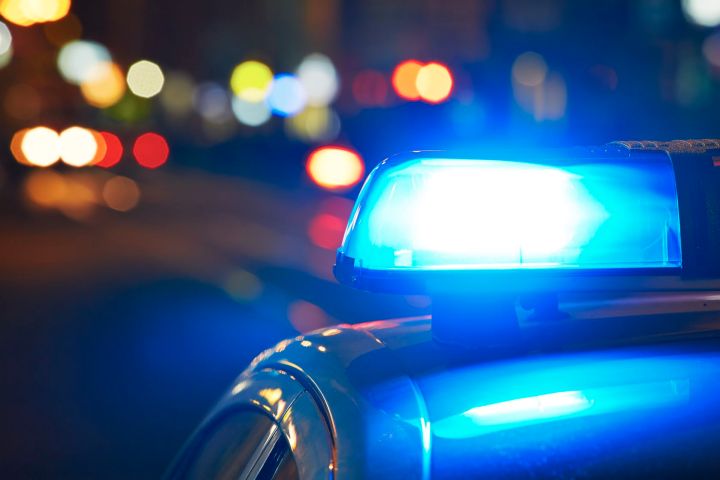
In the first case, Amanda Geraci was attempting to record the arrest of a protester, when she said a police officer prevented her from capturing the incident by physically pinning her down, according to Slate. In the second incident, Richard Fields was arrested after he refused to leave the scene of an arrest — though the charges didn’t stick because the arresting officer failed to appear in court. Fields, a college sophomore, was photographing the police while they put an end to a raucous party.
“The First Amendment protects the public’s right of access to information about their officials’ public activities,” wrote Judge Thomas Ambro in the court decision. The decision, in favor of Geraci and Fields, said that recording police activity helps promote discussion on political issues. The judge concluded that preventing citizens from receiving that information is itself unconstitutional.
Ambro’s decision isn’t the first of its kind — judges in lower courts in five other circuit court jurisdictions have reached similar decisions, though no other similar cases have hit the federal appeals levels, according to Slate.
In an era where most people carry a camera in their pocket via their smartphones, recording the police is becoming increasingly common and not just among professional photojournalists — as tech continues to change the way crimes are handled. Smartphone videos of arrests have gone viral on social media, sometimes offering a much different perspective than the shots captured on dash cams. The changes led one photographer to experiment and see how many times he would get harassed taking pictures on public property all day.
The police officers who prevented the recording were not prosecuted for their actions — the court decided that whether or not citizens have the right to photograph the police wasn’t properly established at the time. With the right now established in the area, however, police departments whose officers who prevent photography and videography could potentially be sued.



